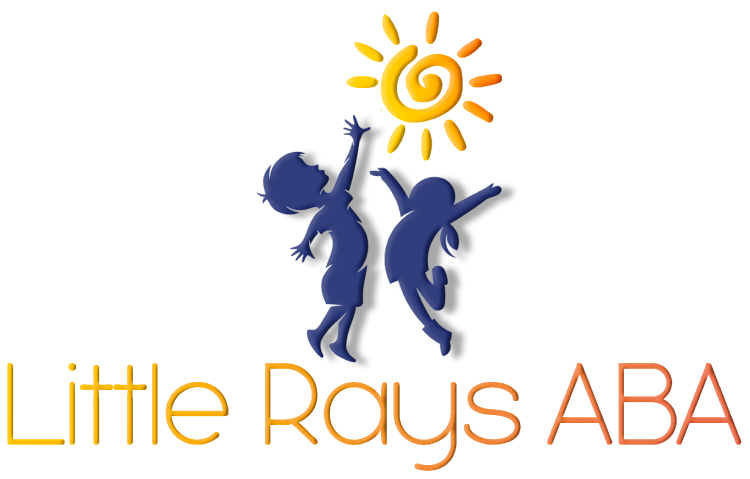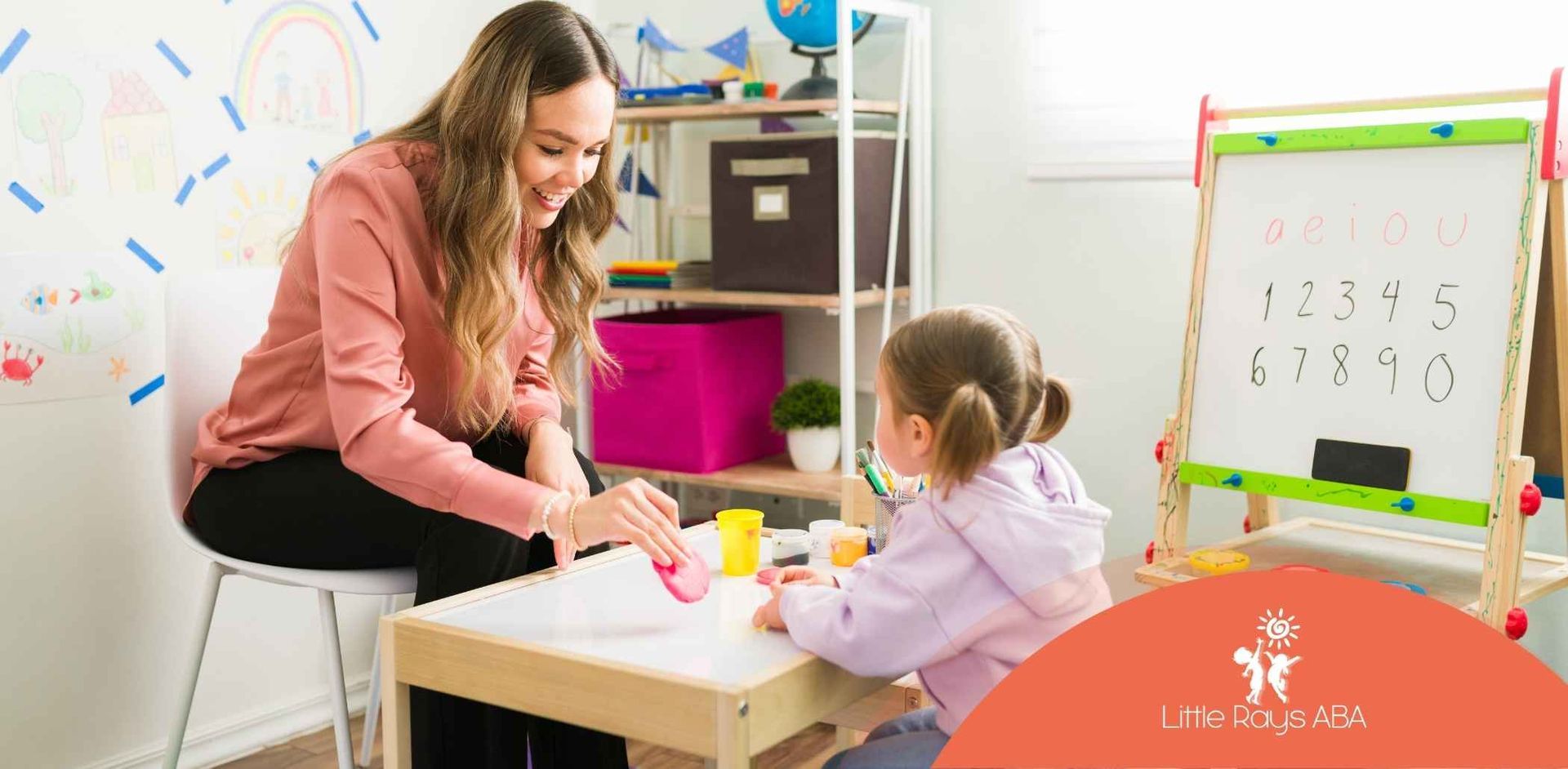
A Comprehensive Look at the Behavior Technician Job Description
Behavior Technician Overview
A clear behavior technician job description outlines a paraprofessional role focused on delivering applied behavior analysis support. In this position, a behavior technician works under the supervision of board certified analysts to implement treatment plans for individuals on the autism spectrum. They provide direct, one-on-one assistance in clinical, home, school, or community settings. This article offers a comprehensive look at responsibilities, qualifications, skills, and career pathways for anyone exploring this vital support role.
Key Responsibilities And Duties
Behavior technicians carry out a variety of tasks that drive progress in behavior intervention plans. Their main duties center on teaching new skills, reducing challenging behaviors, and collecting data to guide decisions.
Therapeutic Process Flowchart
Implementing Treatment Plans
Under the guidance of a Board Certified Behavior Analyst (BCBA) or BCaBA, the technician follows detailed behavior intervention plans. They use evidence-based strategies to teach communication, self-help, social, and play skills.
Collecting And Analyzing Data
Accurate data collection helps the supervisory team assess progress and adjust plans as needed. Technicians record observations during each session, tallying frequency, duration, or intensity of target behaviors.
Collaborating With Teams
Effective support requires teamwork. Behavior technicians often coordinate with families, teachers, speech-language pathologists, occupational therapists, and other professionals. This collaboration ensures consistency across all environments.
Supporting Social Skills
Facilitating play-dates or small group activities enables clients to practice turn-taking, sharing, and peer interaction. The technician prompts, models, and praises social behaviors to build confidence and competence.
Required Qualifications And Training
Entering this role demands foundational education, specialized training, and ongoing supervision to meet professional standards.
Educational Requirements
Most employers require a minimum of a high school diploma or equivalent. An associate’s degree in psychology, education, or a related field is often preferred and can support future career advancement.
Registered Behavior Technician Certification
Becoming a Registered Behavior Technician (RBT) involves completing a 40-hour training course covering core principles of ABA, ethics, and best practices. Candidates must pass the RBT certification exam to demonstrate competency. This credential is recognized nationally and valued by providers across the country.
Ongoing Supervision
Once certified, an RBT must receive at least 5 percent of supervised training each month. This includes two face-to-face contacts with a supervisor who observes direct service delivery, either in person or via video conferencing.
Essential Skills And Competencies
Beyond formal credentials, a skilled behavior technician brings specific personal strengths to every session. These attributes support effective instruction, data accuracy, and meaningful connections.
Communication And Empathy
Clear, simple language helps individuals on the autism spectrum understand instructions. Empathy fosters trust and rapport, especially when clients experience frustration or anxiety.
Adaptability And Problem Solving
No two sessions are identical. The technician must adjust prompts, reinforcers, or teaching strategies on the fly to maintain engagement and progress. How do you keep a session on track when plans shift? Flexibility and quick thinking save the day.
Organizational Skills
Managing schedules, materials, and data sheets requires strong attention to detail. An organized approach helps the technician juggle multiple clients, track progress, and meet supervision requirements.
Analytical Thinking
Interpreting session data enables technicians to identify trends and share insights with their supervising analyst. Analytical skills ensure that decisions about modifying or continuing strategies are well informed.
Work Settings And Environments
Behavior technicians serve individuals across diverse locations. Each setting comes with unique routines, challenges, and opportunities for skill generalization.
Clinic And School Settings
Within clinics or learning centers, technicians benefit from structured environments and dedicated therapy rooms. In schools, they integrate ABA techniques into classroom routines, collaborating closely with educators and support staff.
Community And Home-Based Settings
Supporting clients in homes or community spaces promotes skill transfer to daily life. Technicians might practice self-help skills in the kitchen, social exchanges at a playground, or self-management techniques during shopping trips.
Career Advancement Paths
Starting as a behavior technician opens doors to advanced roles and specializations in behavior analysis and related fields.
Board Certified Assistant Behavior Analyst
With a bachelor’s degree and additional coursework, a technician can pursue a BCaBA credential. In that role, they gain supervisory responsibilities and deeper involvement in treatment plan design.
Board Certified Behavior Analyst
Becoming a BCBA requires a master’s degree, supervised experience, and passing the BCBA exam. This credential grants full autonomy to assess, develop, and oversee behavior intervention plans, significantly expanding professional impact.
Impact On Clients And Families
Behavior technicians play a pivotal role in improving quality of life for individuals and their support networks.
Benefits For Individuals With ASD
Through consistent, evidence-based instruction, clients make strides in communication, social engagement, daily living, and academic readiness. Small successes accumulate, boosting independence and self-esteem.
Support For Families
Technicians coach parents and caregivers in strategies that reinforce progress at home. This guidance empowers families to manage behavior challenges and celebrate skill gains beyond therapy sessions.
Conclusion
This comprehensive overview highlights the multifaceted role of a behavior technician, from daily duties and required credentials to essential skills and career development. As more families and professionals recognize the benefits of applied behavior analysis, demand for qualified technicians continues to grow. Interested candidates should review the RBT Handbook, complete the mandated training, and seek supervised practice to launch a rewarding career. Stakeholders can explore local training programs or reach out to certified analysts for guidance on building effective support teams.
Are you passionate about helping children with autism thrive through ABA therapy services? At Little Rays ABA, we offer opportunities to work alongside experienced Board-Certified Behavior Analysts (BCBAs) and grow as a Registered Behavior Technician (RBT). Whether you’re just starting your career or looking to enhance your skills, we provide a supportive, hands-on environment to build your expertise and make a meaningful impact.
Interested in becoming an RBT or joining our team? Contact us today to learn about training programs and career opportunities with Little Rays.
Frequently Asked Questions
What are the daily duties of a behavior technician in ABA therapy?
A behavior technician supports individuals with autism by implementing behavior intervention plans, conducting direct therapy sessions, collecting data on progress, and working with families and educators to ensure consistency in treatment. Daily tasks involve reinforcing positive behaviors, reducing harmful behaviors, and assisting with skill development across various settings.
What qualifications are required to become a behavior technician or RBT?
To become a Registered Behavior Technician (RBT), candidates must complete the required training, review the RBT Handbook, pass the RBT exam, and gain supervised practice. This certification ensures that technicians are equipped with the necessary skills and knowledge to implement effective behavior analysis strategies.
How can behavior technicians further develop their careers in ABA?
Behavior technicians can advance their careers by pursuing additional certifications, attending workshops, gaining hands-on experience under the guidance of certified analysts, and continuously learning about the latest techniques in ABA. Joining an organization like Little Rays ABA can provide mentorship opportunities to help technicians grow professionally.
SOURCES:
https://www.bacb.com/rbt/
https://www.appliedbehavioranalysisedu.org/registered-behavior-technician/
https://resources.workable.com/behavioral-technician-job-description
https://jobs.nsh.org/career/behavior-technician/job-descriptions
https://www.joblist.com/job-descriptions/behavior-technician
Related Posts





